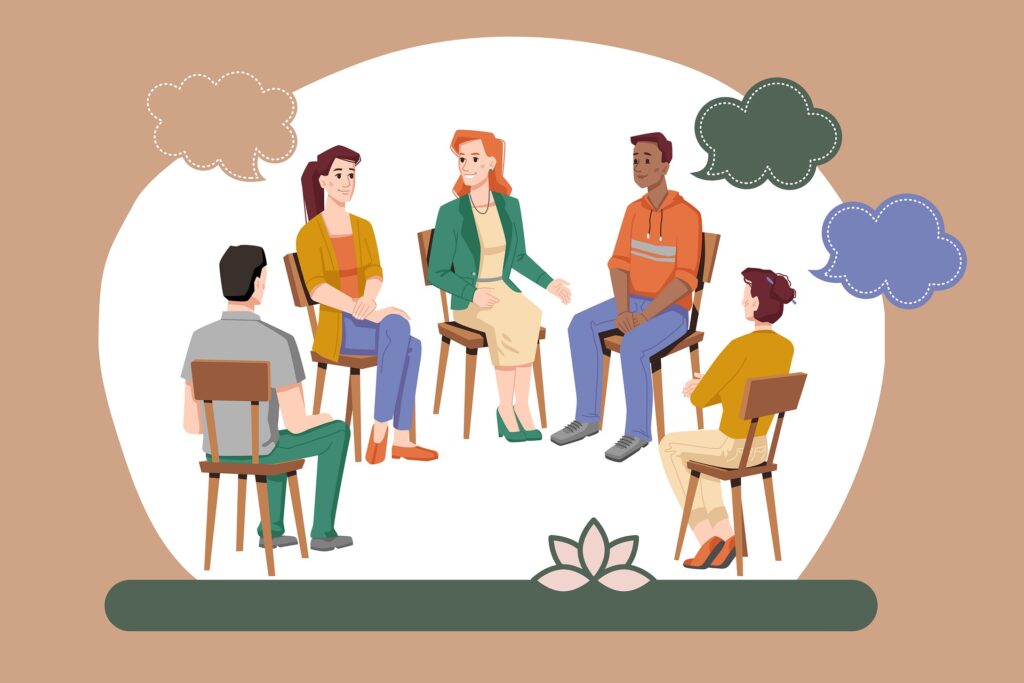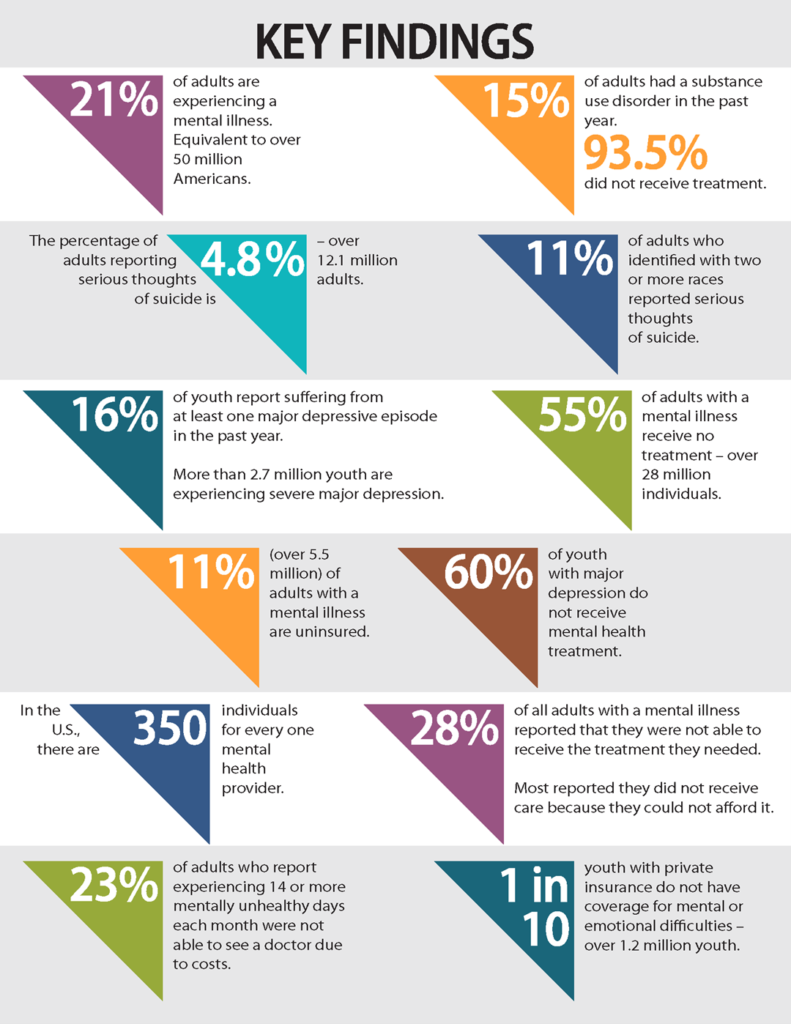Mental Health America recently published their 2023 Key Findings. The findings are quite humbling and show that all of us, either directly or indirectly, are affected by mental health. Even more, many adults reported that they knew they needed services to help them with their mental health but could not afford it and/or are uninsured.
There are many different agencies and organizations that can help if you need mental health treatment. Here at HealthWest, we will provide an assessment to anyone who walks through our doors whether they have insurance or not. We will work with you on payments. We have partnered with many different providers to help our clients get the help they need, knowing that starting treatment early is far more beneficial than waiting for years to get help.
Benefits of Early Treatment:
1. Preventing Escalation: Addressing mental health concerns early can prevent them from escalating into more severe and chronic conditions. Early intervention may stop the progression of symptoms and reduce the risk of long-term impairment.
2. Improved Outcomes: Early treatment often leads to better treatment outcomes. Mental health conditions, like many health issues, tend to respond more effectively to intervention when addressed in the early stages.
3. Reducing Impact on Daily Life: Mental health conditions can significantly impact daily functioning, affecting relationships, work, and overall quality of life. Early treatment helps individuals manage symptoms and maintain their daily activities.
4. Enhancing Resilience: Early intervention provides individuals with coping strategies and skills to better manage stressors and challenges. This can enhance resilience and improve the ability to navigate future difficulties.
5. Preventing Relapse: For individuals who have experienced a mental health issue and received treatment, early intervention during the emergence of symptoms can help prevent relapse. Ongoing monitoring and support are essential for maintaining mental well-being.
6. Promoting Healthy Development: In children and adolescents, early treatment is crucial for healthy emotional and psychological development. Addressing mental health concerns early can positively impact academic performance, social relationships, and future well-being.
7. Reducing Stigma: Encouraging early treatment helps to reduce the stigma associated with mental health issues. When individuals seek help early, it fosters a culture of openness and acceptance, making it more likely for others to seek help without fear of judgment.
8. Addressing Underlying Causes: Early treatment allows for a thorough assessment of the underlying causes of mental health concerns. Identifying and addressing these causes can contribute to more targeted and effective interventions.
9. Promoting Recovery: Mental health conditions are treatable, and recovery is possible. Early treatment supports the recovery process by providing individuals with the tools and support they need to manage their condition and work towards their goals.
10. Reducing Economic Burden: Mental health issues can have economic implications, including lost productivity and increased healthcare costs. Early treatment can mitigate these economic burdens by preventing more severe and costly interventions later on.
HealthWest has a Warm Line: 722-HELP (4357): If you are in crisis and need help or feel you “just need to talk to someone” and don’t know where to turn, we are here. A similar resource is 988, the Suicide & Crisis Lifeline. They too have a team ready to take your call if you feel depressed, anxious, and just “done.” Both lines will help you get started with getting treatment that will work for you. We understand that mental health care is not one size fits all, assessments and consultations will be conducted to come up with a care plan that works for you.
Another treatment option is to go to your local ER. The emergency room has trained staff to assist those who need help with their mental health. Please note that with this option, after you are stable and able to leave the ER, you will be set up with a mental health professional who will work with you on developing a plan for your care.
If nothing else, reach out to someone you trust. There is no shame in reaching out for help and saying, “I don’t know what to do.”
You are not alone and there is always hope. With treatment, wherever you are in your mental health journey, life will get easier. Treatment for mental health is essential for preventing the worsening of symptoms, improving outcomes, and promoting overall well-being. It contributes to a proactive and holistic approach to mental health care, emphasizing prevention and early intervention as key components of a comprehensive mental health strategy.


